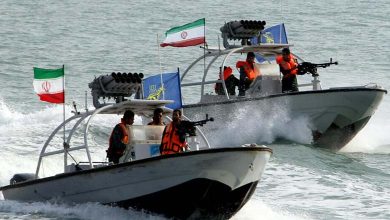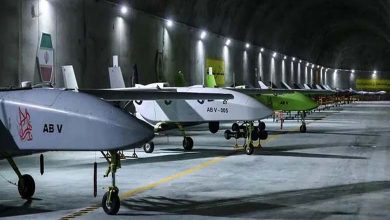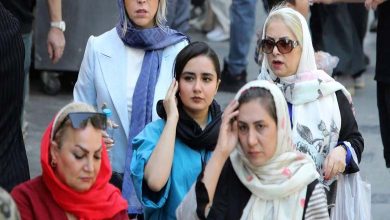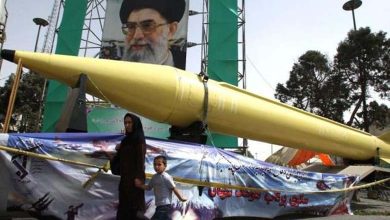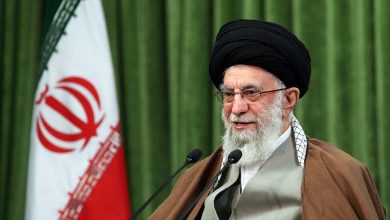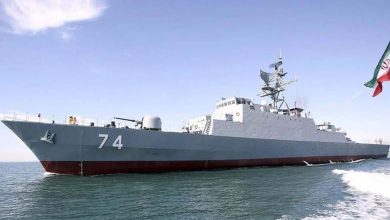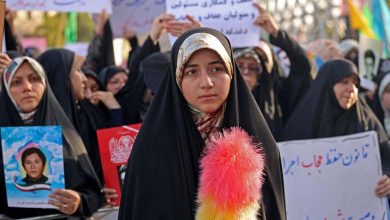Foreign policy: The Iranian regime is playing with fire in Balochistan
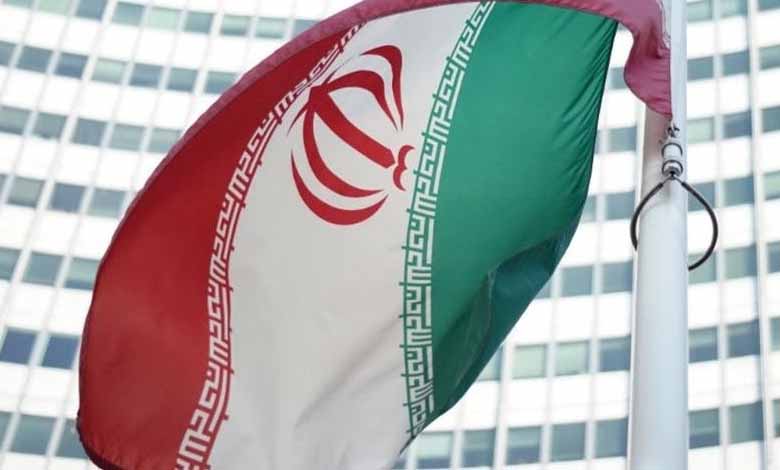
A sectarian conflict seems to be in the making in Balochistan, a Sunni-majority province. Protests have hit Iran’s Balochistan province since last September; He has paid a heavy price in terms of deaths, losses, and arrests in the crackdown on the ‘Woman, Life, Freedom’ protest movement.
Foreign Policy magazine said: The killing of 19 people in the region on September 19th in some way sparked the protests that started after the killing of young Mahsa Amini.
Sectarian tension
The magazine added: Iran has managed to escape the sectarian conflict that has plagued many countries in the Middle East over the past two decades, but Baluchistan, a predominantly Sunni province in a Shia country, may well be a hotbed of sectarian tensions.
Molavi Abdul Hamid, a prominent Sunni cleric from the region, chooses to confront Iran’s Supreme Leader and has used his pulpit to repeatedly criticize him, deeming his rule “untouchable” and “merciless.”
The magazine described this situation as unprecedented and dangerous, pointing out that Tehran’s mismanagement of ethnic Baloch grievances can cause sectarian rifts, pointing out that there is a state of ambiguity at this stage, and that the repercussions of this confrontation will not be limited to Balochistan.
The people of Balochistan do not protest because the government in Tehran is Shia, but because of its political repression and incompetence to provide basic services to all citizens, regardless of their sectarian identity.
But Tehran has chosen to portray the volatile situation in the region as the work of foreign enemies bent on fueling sectarian conflict within Iran’s borders. According to this account, these protests were instigated and led by local agitators paid by foreign intelligence services.
The opposition suspects the regime may have killed a dissident as an excuse to argue that Iran’s external enemies want to cause Sunni-Shia tensions inside the country, with the ultimate goal of tarnishing the entire protest movement, the magazine said.
The paper sees officials in Tehran playing on fear as a way to end popular protests, which may have subsided in recent weeks but are likely to resurface at any moment, given the deep dissatisfaction in the country.
Sunni minority leader arrested
Opposition media reported that Iranian security forces had previously arrested the leader of Iran’s Sunni minority, Molavi Abdul Hamid. Meanwhile, the official IRNA news agency reported that Internal Security Forces had arrested Abdel Majid Merdassi, a close associate of the Sunni leader, on charges of participating in protests against the Iranian regime.
The province of Sistan-Baluchistan witnessed massive protests recently after residents revolted after a Basij officer raped a girl. The incident led to mass protests in which dozens of citizens, including members of the Internal Security Forces, were killed.
Iranian authorities charged Abdel Majid Merdassi, an adviser to the Balochistan Sunni leader, with disturbing public opinion in the country and spying for foreign countries working to support protests and demonstrations against the Iranian regime.




